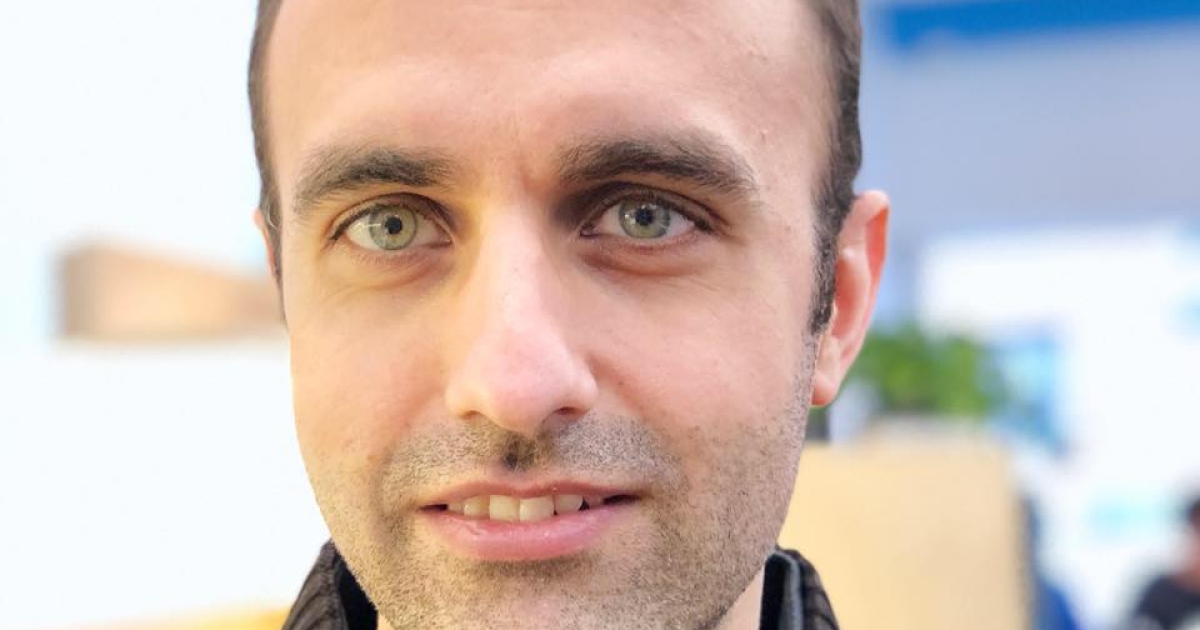Hi. Over the past 20+ years I’ve read (and re-read) a lot of scientific papers on virtual instruments, and bought and studied a lot of not-cheap commercial VIs to find out how they work. You’ve gotten a lot of good suggestions on this thread so far. On the academic side, here are some topics and names you might want to follow up on: Spectral interpolation synthesis, Roger Dannenberg, spectral modeling, SaxEx, CSEMPs, Eduardo Reck Miranda, KTH performance modeling rules, concatenative synthesis.
I think you’re going to find, if you haven’t already, that the academic and commercial worlds of VIs run in parallel universes. Commercial VI developers have competitive reasons for having their products remain black boxes. Academic researchers don’t have the bread to keep track of what commercial developers are up to. It’s only in the last few years that academic papers have started acknowledging that “concatenative sampling synthesis” is here to stay as the dominant technique for VI music-making. And yet the academic world is full of tantalizing ideas for taking VIs and VI-related music production to new levels.
Kent mentioned useful books by Gilreath, Huber, Pejrolo, and McGuire. Even though some of them were written by people in academia, mostly they cover current practices in the commercial world, and for that reason they need regular revising. For books that are more theoretical and forward-looking, have a look at the books written or edited by Eduardo Reck Miranda.
None of these books is cheap. Here are some freely available theses and dissertations that attempt to say something general about VIs:
Furduj, Boris (2019) Virtual orchestration: a film composer's creative practice
Sundstrup, Leif (2009) The virtual orchestra: a systematic method of realising music composition through sample-based orchestral simulation
Hu, Ning (2013) Automatic Construction of Synthetic Musical Instruments and Performers
Somewhere in my various stashes I’ve got a few more like these. And if you think you might be interested, I’ll be glad to see if I can make a pseudo-bibliography of the more specialized academic papers in my stash.
Greg Smith










